By Daily sports on October 20, 2020
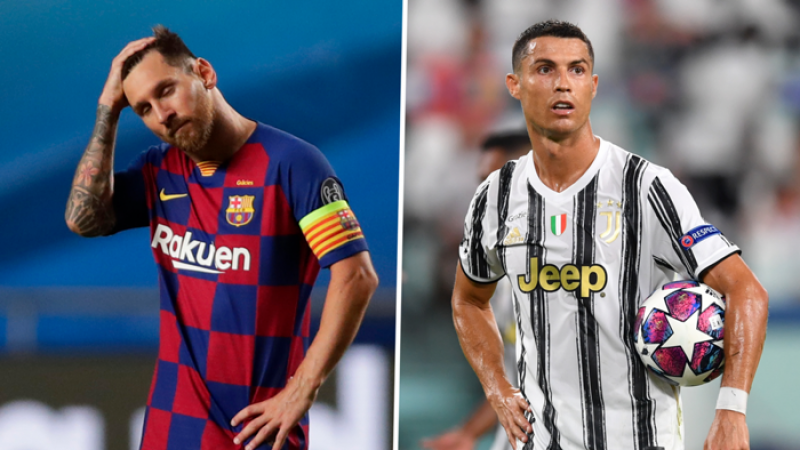
For a club once revered in Europe, Ferencvaros have had to wait patiently to earn their place back among the continent’s elite.
But on Tuesday, 25 years since the Hungarian champions last graced the group stages of the Champions League, they return to the competition with a visit to Barcelona’s Nou Camp.
The Budapest outfit have been handed a dream draw that pits them against Barca, Juventus and head coach Sergei Rebrov’s former club Dynamo Kyiv.
They are already five games into their European campaign and are the only side to reach this stage having started in the Champions League first qualifying round in mid-August.
It represents a huge step for a club that have spent the past decade rebuilding after dropping into the Hungarian second tier and falling into near financial ruin.
“Due to the Covid situation, we were sitting in front of the television at the club watching the draw and praying for big names,” Ferencvaros chief executive Pal Orosz tells BBC Sport.
“Now we are back, after 25 years, we want to have big names and it’s fantastic having these clubs. It’s very special for Sergei as well, playing against Dynamo Kyiv.
“It’s really a celebration for all of Hungarian football. To play against Barcelona and Juventus is just incredible.”
It will be the first time Ferencvaros have faced Barcelona in European competition, but they have history with Juventus, beating the Italian giants in the 1965 Inter-Cities Fairs Cup final.
“For me, it’s very emotional because my father was a member of the team that beat Juventus in Turin,” adds Orosz.
“It is fantastic. These are very different levels. These teams start their competition now and we have already reached our goal. For them, the goal is winning the title.”
Ferencvaros have won back-to-back league titles, taking them to 31 in total, and are Hungary's most successful club.
They reached the Champions League group stages for the first time since the 1995-96 season this year by knocking out Djurgardens, Celtic, Dinamo Zagreb and Molde.
But getting to this point has been a gradual process for Orosz and his team, who took over a club in a “disastrous situation” in 2011, picking up the pieces after a spell during which they were relegated to the second division because of financial irregularities.
“When we started it was kind of in ruins. The Albert Stadium that we liked a lot because of the good memories was not up to the European standards, nobody in the club got a salary for more than four months, no bills were paid, no electricity, nothing. We had to invest some money to start with,” he says.
“We had to be realistic and see where we can get with our background, with our financial background. You have to set realistic goals and reach them. That is what football is about.
“We said first we have to come back on the Hungarian stage, winning the cup and the championship, and then the next level will be the international stage.
“It was long work. I say this achievement we have is extraordinary – getting into the group stage, starting from the first qualifying round. With our financial background, sporting background, we are a classic ‘Europa League group-stage club’, so for us this is something fantastic.”
To fully appreciate Ferencvaros’ story, you have to recognise a time when Hungarian football was the envy of the world.
The heady days came in the 1950s. The Mighty Magyars were crowned Olympic champions in 1952, they beat England 6-3 in front of 105,000 people at Wembley in a 1953 game dubbed “Match of the Century” and thrashed the Three Lions 7-1 in Budapest the following year. It remains England’s heaviest defeat.
Hungary should have won the 1954 World Cup weeks later, taking a 2-0 lead against West Germany only to slip to a 3-2 defeat in a final labelled “The Miracle of Bern”. They had beaten the Germans 8-3 in the group stage.
But in 1956, the domestic league was cancelled because of the Hungarian Uprising. The suppression of the revolt and invasion of Soviet troops led to the break-up of one of the nation's greatest sides, Honved. Stars such as Ferenc Puskas and Sandor Kocsis left for Real Madrid and Barcelona respectively.
Honved’s demise paved the way for Ferencvaros, traditionally one of the dominant sides in Hungarian football, to take on the baton as a domestic powerhouse and the Green Eagles won their first title in 14 years in 1963.
Two years later, they beat Juventus to win the Fairs Cup, a predecessor to the Uefa Cup, and lost to Leeds United in the final the following season after knocking out Liverpool earlier in the tournament.
They boasted a Ballon d’Or winner in legendary forward Florian Albert, who beat Manchester United and England’s Bobby Charlton to the award in 1967, and lost to Dynamo Kyiv in the 1975 European Cup Winners’ Cup final.
But despite regularly qualifying for European competition, Ferencvaros’ days as an imposing force on the continent gradually faded away.
“My father, Pal, passed away a few years ago. He was a club legend and I talked a lot with him about it,” says Orosz. “I said: ‘What happened to Hungarian football? You guys, in the 1960s, you won everything – you beat Liverpool, Juventus…’
“At the end of the 60s, in western Europe, some people realised football is not only a sport but a branch of the entertainment business. They chose clubs that were really supported by masses and they built them as brands.
“But here, in this region, it was state football and the gap opened. Now the gap is so big that we will probably never catch up.”
Research by the club suggests two million people, 20% of the Hungarian population, are Ferencvaros supporters.
But Orosz knows they cannot compete, at least financially, with clubs in Europe that are now global brands.
“We beat Juventus in 1965 in the final. Now if they look down they don’t see us because the budget is so much different,” he says.
“In this region, it was not considered a business, a brand. Manchester United, Real Madrid, Barcelona – these are multinational companies. It is absolutely different and they are managed like that.
“It is the same if you want to sell Manchester City in Manchester or in China or in Tokyo, because it is considered a worldwide brand. This has gone for us, you will never catch up a handicap of 40-50 years.”
Successive titles have come under the guidance of former Ukraine, Dynamo Kyiv and Tottenham Hotspur striker Rebrov, who won two Ukrainian championships with his old club and had a brief spell at Al-Ahli in Saudi Arabia before joining Ferencvaros.
“Sergei is really the kind of guy who takes things very seriously and he always believes in a team as one, not individuals,” adds Orosz.
“He is a key element but it is about the whole staff he is working with, all the colleagues in the offices that have worked for this success for the past 10 years.”
Returning to Europe’s elite competition is a moment the club are keen to share with fans, with Hungary not having a representative in the group stages since Debrecen in 2009-10.
Ferencvaros will play Barcelona and Juventus at the Puskas Arena, one of the host venues for next summer’s European Championship, which means they can admit about 22,000 fans under Uefa’s current 30% attendance guidelines.
The club’s own Groupama Arena, built in 2014, has a capacity of 22,000 meaning it could only host about 7,000 supporters in Europe in the present situation, despite no restrictions being placed on domestic games in Hungary as it stands.
“It is important for the whole of Hungarian football and important for us that we know we're on a good track,” says Orosz.
“Last season we reached the Europa League group stage and were only one goal away from progressing to the knockouts. This season we reached the Champions League group stage – we were so far away from this 10 years ago.
“We have to do the construction step by step; improve year by year. It is important for all the Hungarian supporters, but at the same time the most important thing for us is to win the Hungarian championship again – because if you don’t, you don’t have the chance to qualify.” (BBC)
•PHOTO: Messi and Ronaldo
Source Daily sports
Posted October 20, 2020
You may also like...

Manchester United top Premier League pay scale

AC Milan Table Tomori Long-term Contract Offer

Okoye: I Pulled Out Of Super Eagles Friendlies...

6th JOF Kids Cup Ends On Sunday At...

Ronaldo Sets New Record As First Player To...

Big Football Competition, Ewu Cup, Slated For Delta...

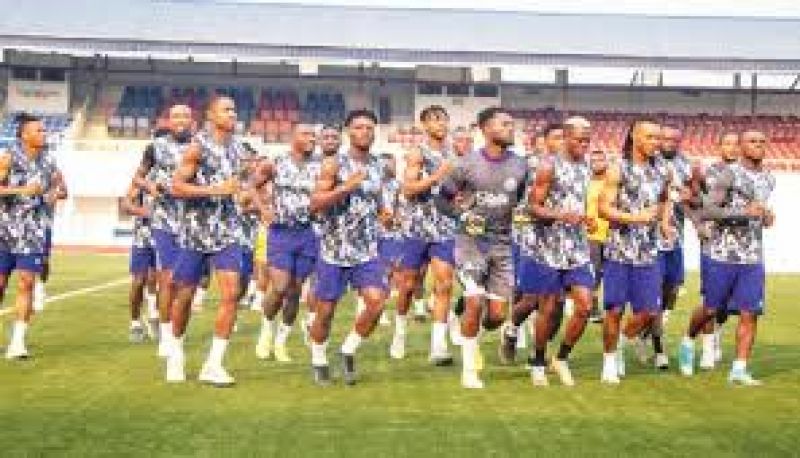 Enyimba management faces probe over $1m CAF money
Enyimba management faces probe over $1m CAF money Anambra Police Set For Medal Haul At All Police Games In Asaba
Anambra Police Set For Medal Haul At All Police Games In Asaba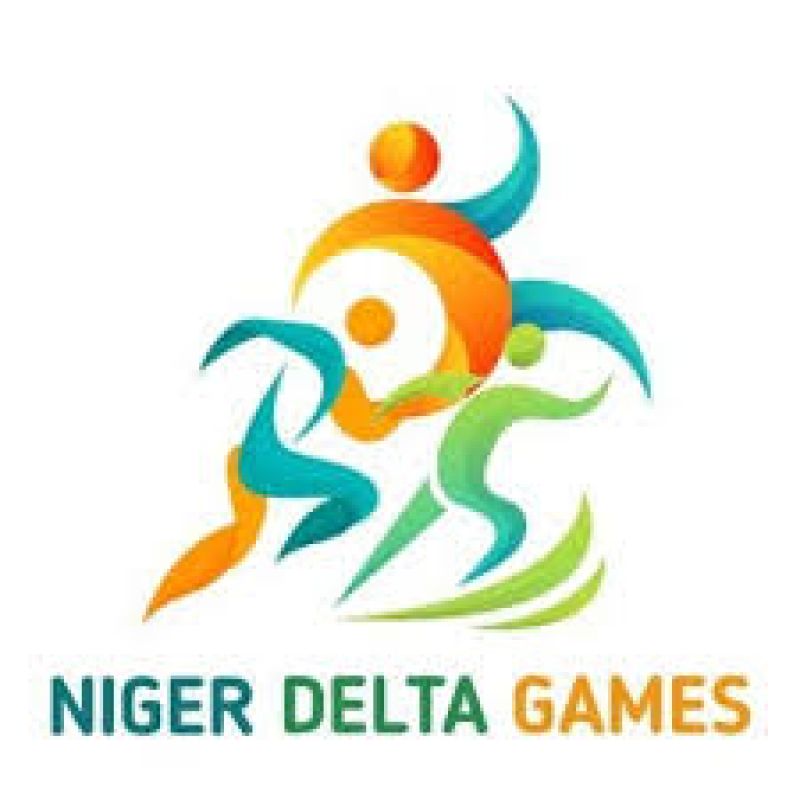 Rivers name seven-man LOC for 2026 NDG
Rivers name seven-man LOC for 2026 NDG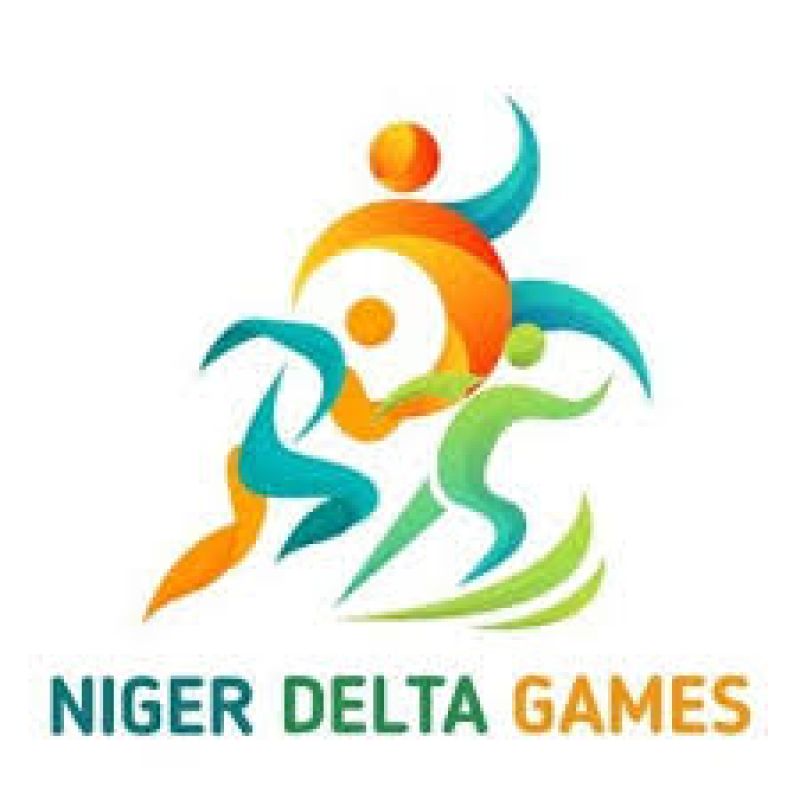 Edo okays two-week closed camping ahead of Niger Delta Games
Edo okays two-week closed camping ahead of Niger Delta Games SWAN wants Olympic Stadium, Sports Sector Rejig In Anambra
SWAN wants Olympic Stadium, Sports Sector Rejig In Anambra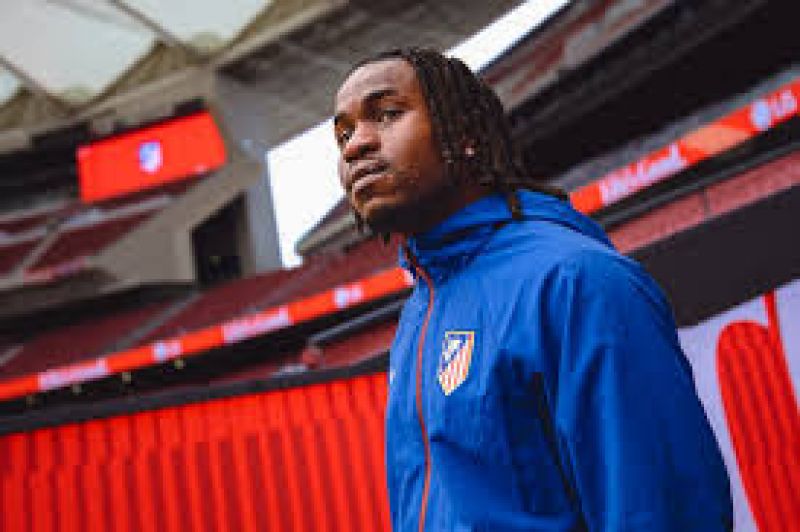 Ademola Lookman Becomes Nigeria’s Second-Most Expensive Player After Move to Atletico Madrid
Ademola Lookman Becomes Nigeria’s Second-Most Expensive Player After Move to Atletico Madrid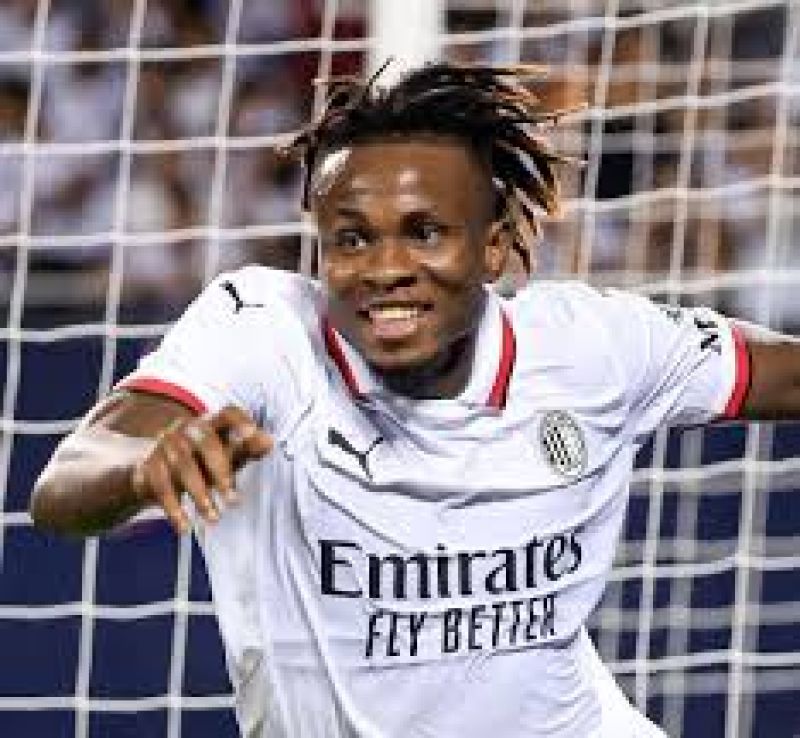 Silva hails Chukwueze progress
Silva hails Chukwueze progress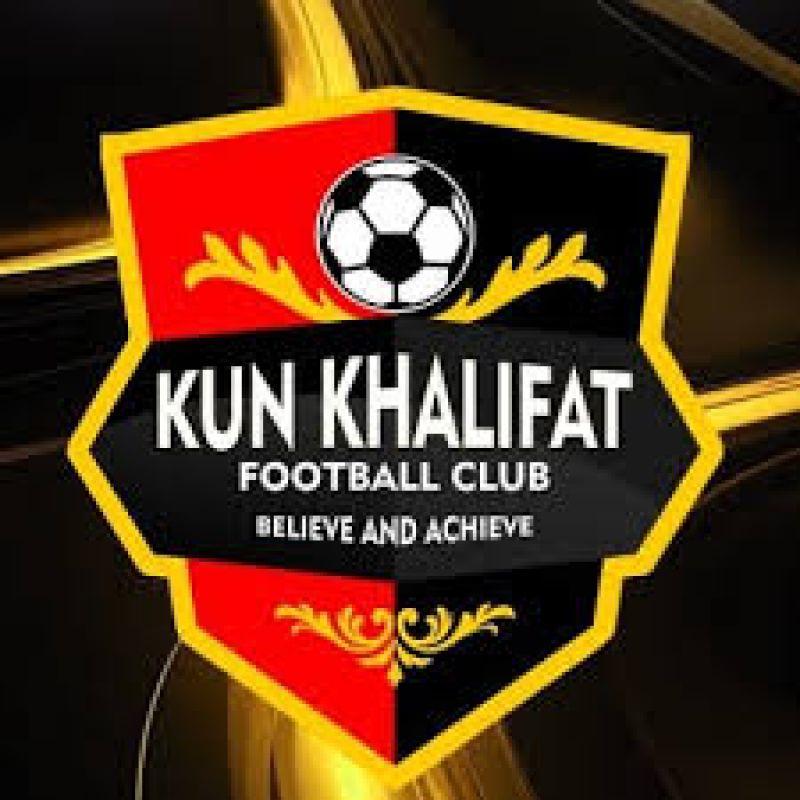 Kun Khalifat face sanction over botched NPFL game
Kun Khalifat face sanction over botched NPFL game_10.jpg) Chelsea beat Man United and Liverpool to sign Super Eagles-eligible teenage star Alao
Chelsea beat Man United and Liverpool to sign Super Eagles-eligible teenage star Alao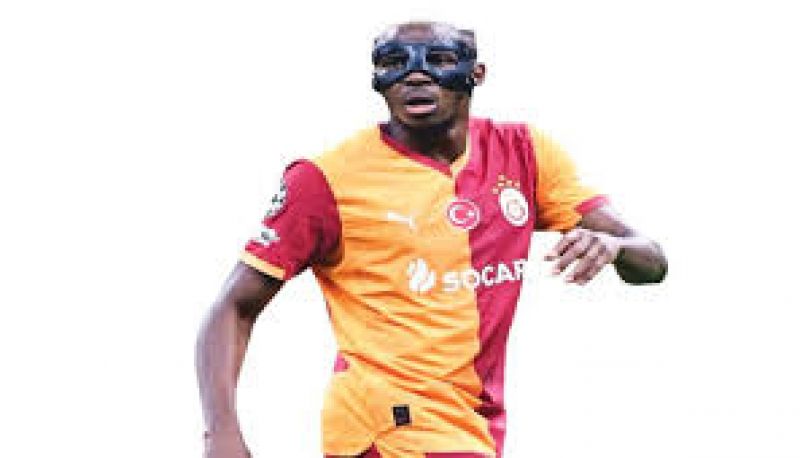 Osimhen scores 200th career goal
Osimhen scores 200th career goal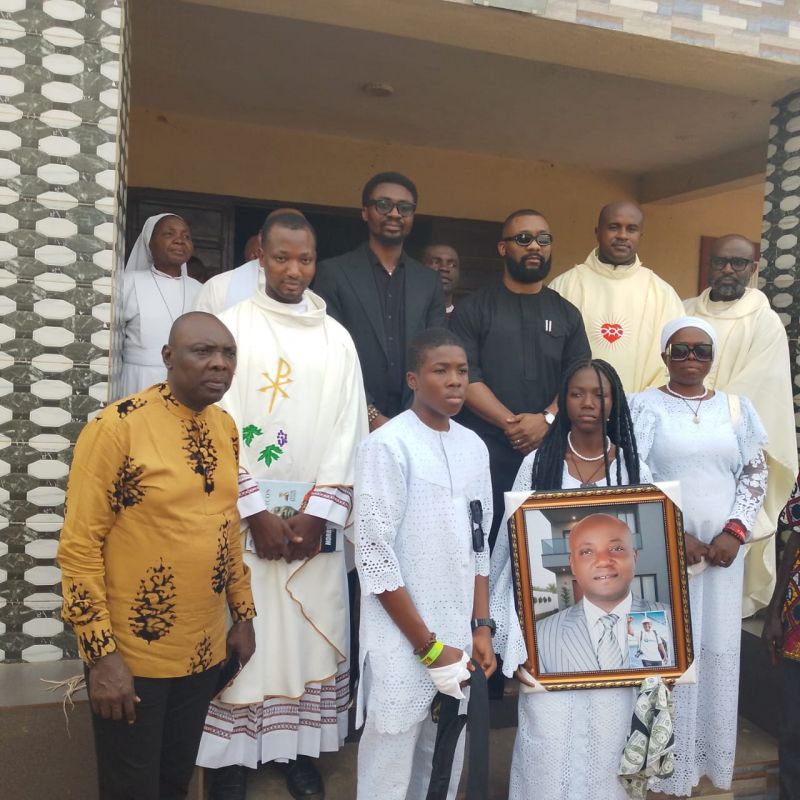 Okoli, Ex- Rangers Spokesman, Laid To Rest @ Amoli Country Home. ...As Club Mgt. Assures Family Of Support
Okoli, Ex- Rangers Spokesman, Laid To Rest @ Amoli Country Home. ...As Club Mgt. Assures Family Of Support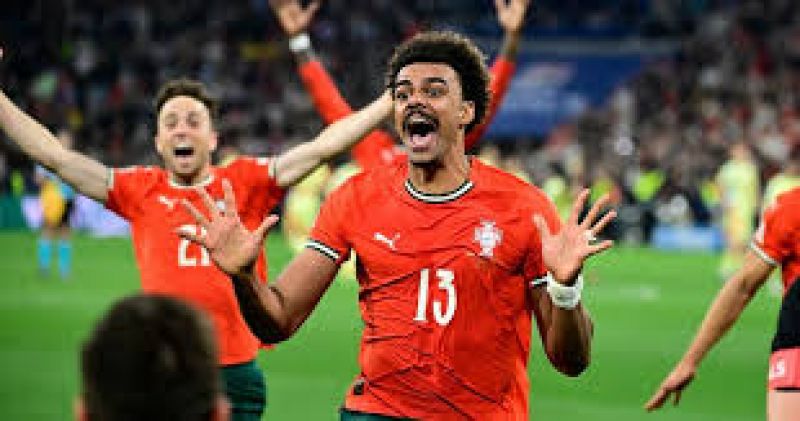 Portugal plot Nigeria pre-World Cup friendly
Portugal plot Nigeria pre-World Cup friendly Rangers International going, going . . . (63,519 views)
Rangers International going, going . . . (63,519 views) Amaju Pinnick: A cat with nine lives (54,824 views)
Amaju Pinnick: A cat with nine lives (54,824 views) Second Term: Amaju Pinnick, Other NFF Heavyweights Home to Roost •How Pinnick Broke the Jinx (52,723 views)
Second Term: Amaju Pinnick, Other NFF Heavyweights Home to Roost •How Pinnick Broke the Jinx (52,723 views) Current issues in Nigerian sports: Matters arising (52,378 views)
Current issues in Nigerian sports: Matters arising (52,378 views) Sports Development: Zenith Bank on the zenith (52,302 views)
Sports Development: Zenith Bank on the zenith (52,302 views) Missing $150,000 IAAF Grant: Solomon Dalung’s Hide and Seek game (52,214 views)
Missing $150,000 IAAF Grant: Solomon Dalung’s Hide and Seek game (52,214 views) Gov. Abdullahi Ganduje’s solid footprints, commitment to sports development in Kano State (52,085 views)
Gov. Abdullahi Ganduje’s solid footprints, commitment to sports development in Kano State (52,085 views) NFF Presidency: Pinnick, Maigari, Ogunjobi, Okoye in Battle for Supremacy (51,633 views)
NFF Presidency: Pinnick, Maigari, Ogunjobi, Okoye in Battle for Supremacy (51,633 views) Olopade, BET9A wave of revolution in NNL (50,808 views)
Olopade, BET9A wave of revolution in NNL (50,808 views) Commonwealth Games 2018: Shame of Muhammadu Buhari, Solomon Dalung (49,333 views)
Commonwealth Games 2018: Shame of Muhammadu Buhari, Solomon Dalung (49,333 views) Ibrahimovic’s Man U exit: Whose decision is it? And in whose interest? (47,724 views)
Ibrahimovic’s Man U exit: Whose decision is it? And in whose interest? (47,724 views) John Mikel Obi: Segun Odegbami’s Outrageous Call! (47,190 views)
John Mikel Obi: Segun Odegbami’s Outrageous Call! (47,190 views)